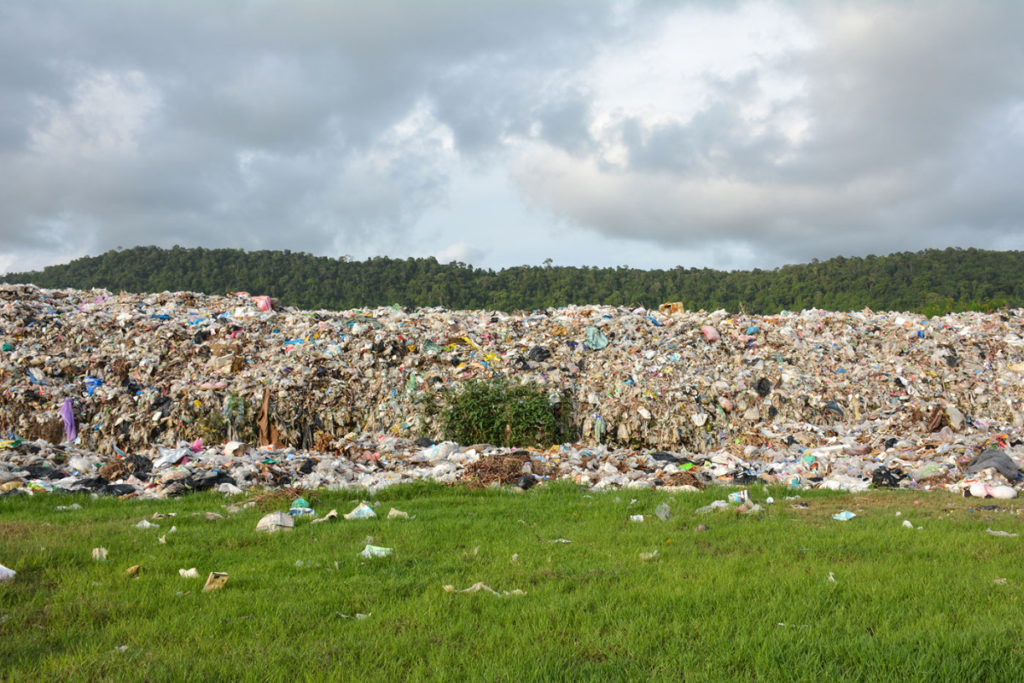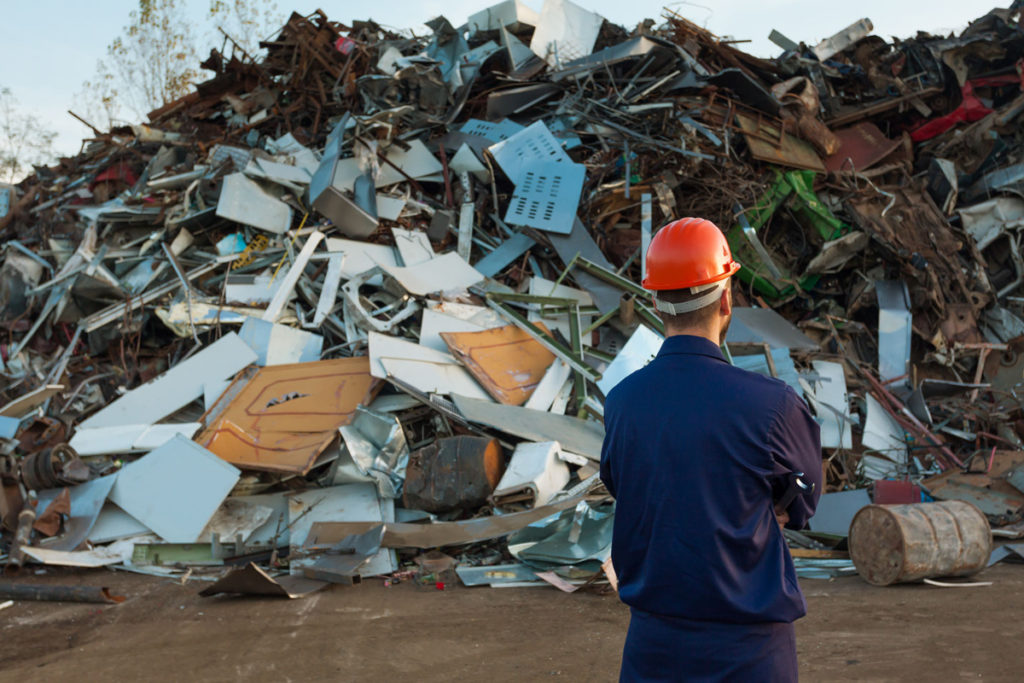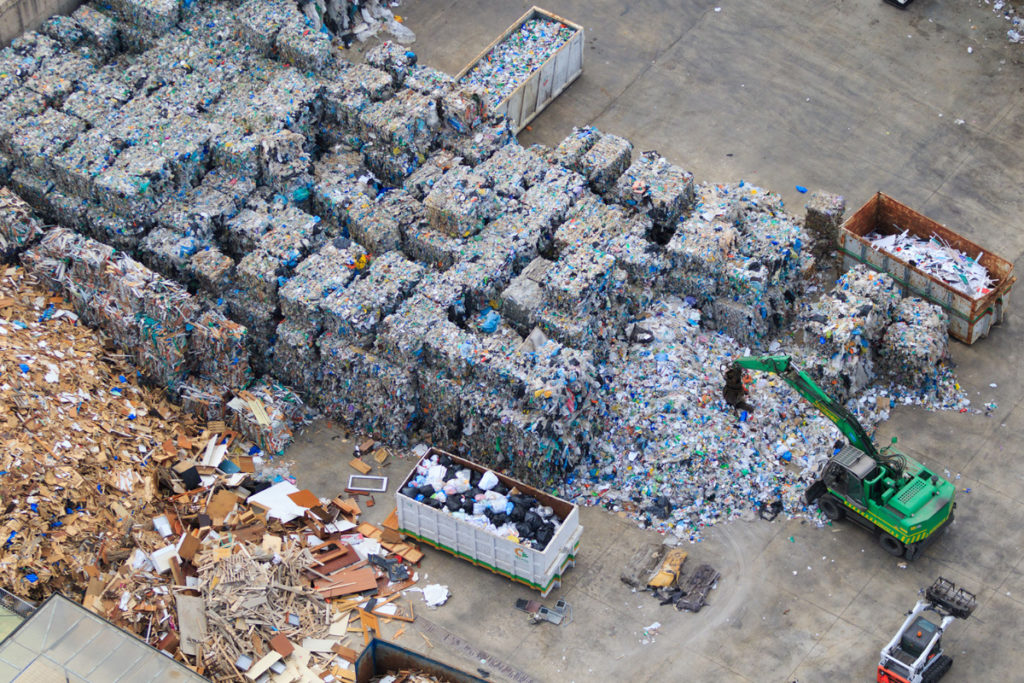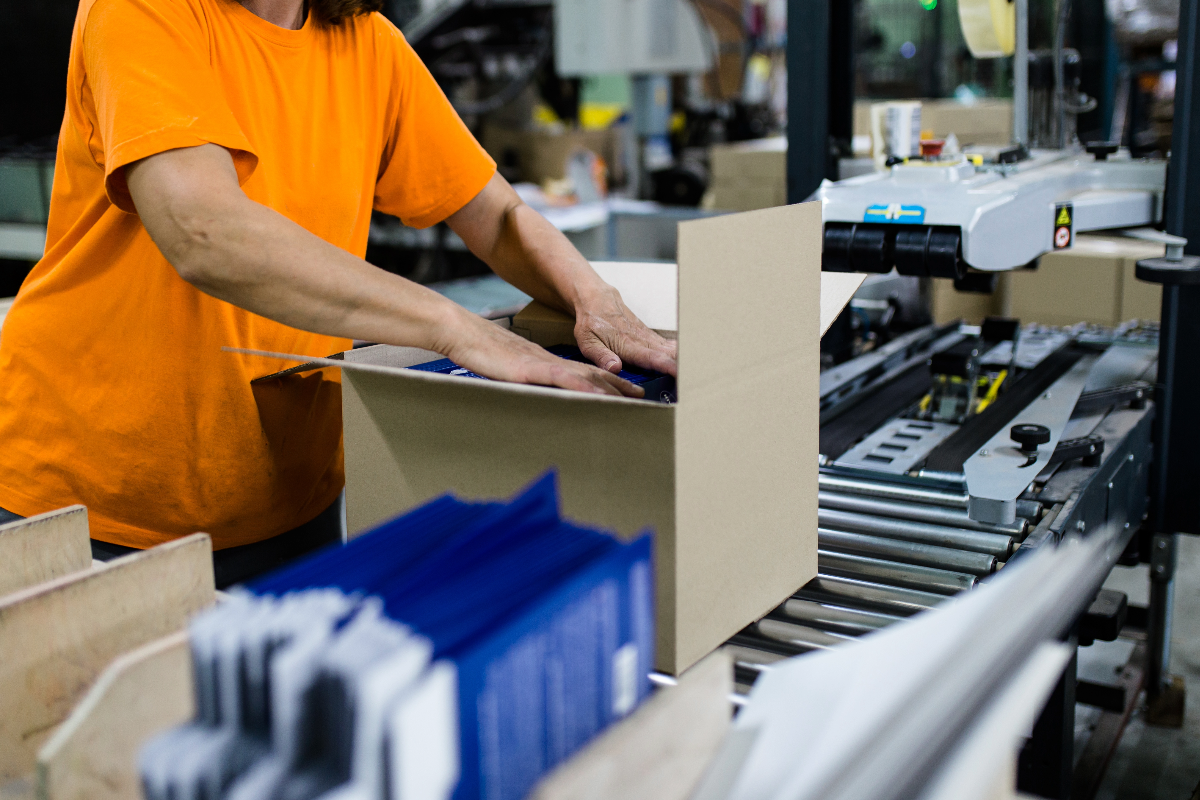BLOG
Landfill Tax: What you need to know

First introduced in 1996, landfill tax is an environmental tax placed on all waste sent to landfill. Each year, on 1st April, the tax increases. But what is it, what’s its purpose and what’s the increase for 2023?
What is landfill tax?
If your business gets rid of its waste using landfill sites, you’ll have to pay landfill tax on top of the normal fees. The government states that all waste that is disposed of by way of landfill at a licenced landfill site on or after October 1996. It works by weight with two different rates, the standard and lower rate, each is charged by the tonne. For any inactive waste, such as rocks and soil, you’ll pay the lower rate. Any other waste streams recieve a charge at the standard rate. It’s placed on the landfill operator, but this cost will usually be passed on to businesses who are using the site.
Why is landfill tax in place?
The environmental tax is in place to work as a way of encouraging alternative disposal routes for waste. By placing an extra tax on using landfills as a waste disposal method, people will be more likely to chose other methods, such as recycling, to avoid the costs and have a better impact on the environment. There’s been a significant decrease in the amount of waste that is sent to landfill over recent years, suggesting that it is driving changes in behaviour.


What’s exempt from landfill tax?
There are a few things you won’t have to pay the tax on, such as quarrying and mining, pet cemeteries and inactive waste used for filling quarries. On top of this, you also don’t have to pay the tax for any dredging activities. If you’re sending waste from landfill to be recycled, incinerated, or reused, you can get tax credits too.
How much is landfill tax increasing?
Every April, the amount businesses will pay for landfill tax will increase. On April 1st, the environmental tax covering England and Northern Ireland will increase from £98.60 for the standard rate per tonne to £102.10 per tonne. For the lower rated, there will be an increase from £3.15 to £3.25 per tonne.
What happens to the money from landfill tax?
HM Revenue & Customs (HMRC) collects the money raised from the tax on behalf of the government. The money goes towards different environmental projects and programmes. The main aim for the tax is to encourage people to avoid landfill and protect the environment, so, the money raised will go towards achieving green targets – not raising money for the government.
Our zero to landfill policy
At Flame UK, we operate on a zero to landfill policy. So, you won’t need to worry too much about increases in landfill tax. We’ll divert as much of your waste as possible from landfill operating with routes for reuse as our top priority. We’ll focus on alternative solutions for your waste, making sure we’re recycling as much of it as possible. We can work to recycle any of your waste, from pallets to waste oil, to help you meet your sustainability goals.
Contact us
Looking for new ways to meet your sustainability goals? Flame UK offers a full waste management service for businesses by diverting as much from landfill as possible. Our team of waste experts can help to find sustainable solutions for your waste by choosing reuse and recycling routes. Get in touch today to find out more.




